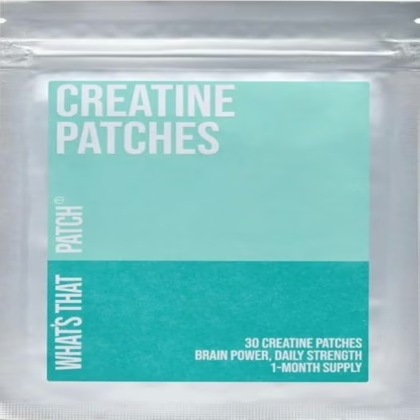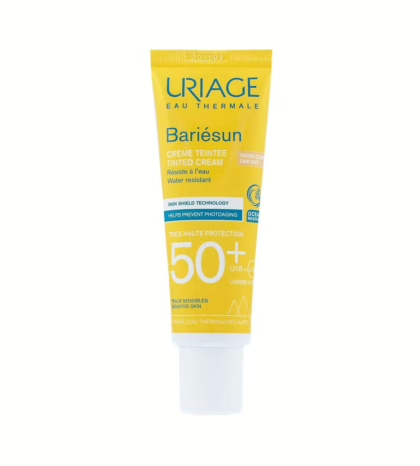
Summer’s vibrant energy, with its long sunny days and balmy nights, beckons us outdoors. But amidst the carefree spirit lurks a hidden threat: dehydration. Dehydration, a condition that arises when the body loses more fluids than it takes in, can quickly turn a joyous summer day into a struggle. While thirst is a well-known symptom, many people underestimate the variety of ways dehydration manifests itself. Recognizing the full spectrum of symptoms of dehydration is crucial for staying healthy and enjoying the summer season to the fullest. This blog post will equip you with the knowledge to identify these signs and ensure you stay hydrated throughout the hot months.
One of the most important indicators of dehydration is a noticeable decrease in urination. Typically, healthy urine is pale yellow and occurs at regular intervals. If you find yourself urinating less frequently, or if your urine appears dark yellow or amber-colored, it’s a strong signal that your body is crying out for fluids. In severe cases, urination may even stop altogether.
Another telltale symptom of dehydration is fatigue and lethargy. When the body is dehydrated, it has to work harder to circulate blood and maintain essential functions. This increased effort can leave you feeling drained, sluggish, and lacking in motivation. You might also experience headaches, dizziness, or lightheadedness, especially when standing up quickly.
Dry mouth and a parched throat are classic signs of dehydration. Saliva production decreases when the body lacks fluids, leading to a feeling of dryness and a persistent thirst. Your lips and tongue may also become cracked or chapped, and you might experience difficulty swallowing. In children, dehydration can manifest as a lack of tears when crying.
As dehydration progresses, more concerning symptoms can emerge. Confusion, disorientation, and irritability are all potential signs that the body’s fluid imbalance is becoming serious. In extreme cases, dehydration can lead to heat stroke, a potentially life-threatening condition characterized by high body temperature, rapid heartbeat, and seizures.
By recognizing the early symptoms of dehydration, you can take steps to rehydrate and avoid more serious complications. Take Provita oral rehydration solution. If you experience any of the signs mentioned above, it’s crucial to increase your fluid intake immediately. Water is always the best option, but electrolyte-rich beverages can also be helpful, especially after exercise or sweating heavily. If symptoms persist or worsen, particularly in infants, young children, or elderly individuals, seeking medical attention is essential.
Remember, prevention is always better than cure. During hot weather, make a conscious effort to drink plenty of fluids throughout the day, even if you don’t feel thirsty. Carry a reusable water bottle and sip regularly, especially during outdoor activities. Be mindful of factors that can increase fluid loss, such as strenuous exercise or excessive sun exposure. By staying hydrated and being aware of the symptoms of dehydration, you can ensure a safe and enjoyable summer season.











